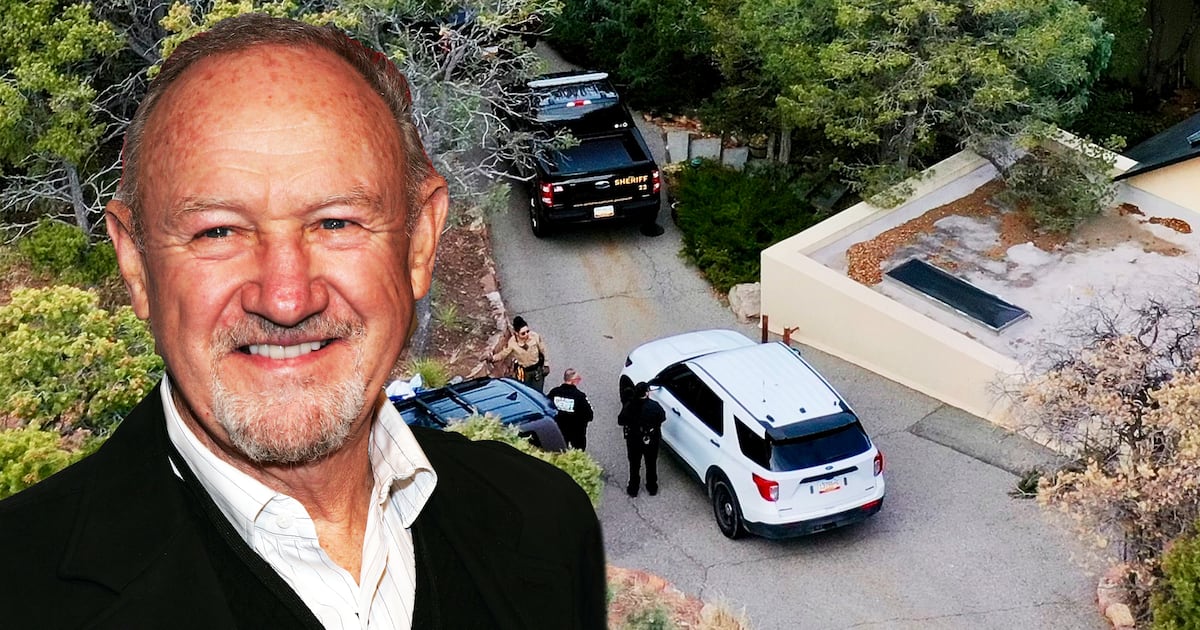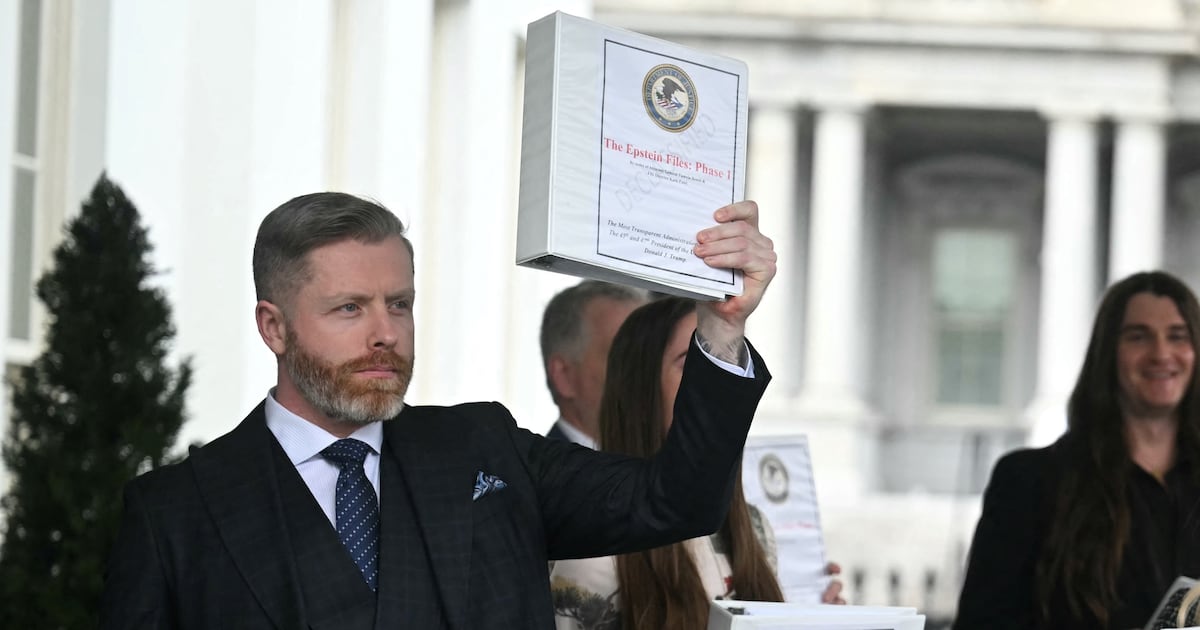Dry your eyes: it’s time to celebrate this season of NBC’s Parenthood, not to mourn it.

The show’s fourth season, which concluded Tuesday night, was arguably its best to date, one that captured the emotional highs and lows of family life with bravery, subtlety, and realism. Overall, Season 4 was both somber and uplifting—often at the same time—depicting and playing with the notion of change, as seen through the adults and children of the sprawling Braverman family. Change, as we know, comes in many forms: from the pangs of puberty and the leap into adulthood to the inexorable idea of death, one that hovered over the season.
This was a brilliant 13-episode run on a drama that only gets better with age, one that gave each member of the Braverman clan some substantive and emotional plots to work through, from the cancer diagnosis faced by Kristina (Monica Potter) and the struggle between Julia (Erika Christensen) and adopted son Victor (Xolo Mariduena) to the romantic tug-of-war between Sarah (Lauren Graham), Mark (Jason Ritter), and Hank (Ray Romano), and the tumultuous relationship between Amber (Mae Whitman) and Afghan-war vet Ryan (Matt Lauria).
It is no easy feat to balance the emotional needs of so many characters, but creator Jason Katims and his talented writing staff manage to do just that. Multiple subplots are woven through each episode, resulting in unexpected character configurations and pairings. (Who would have thought that a Crosby/Julia scene would carry such weight, as it did last week?) Yet, despite the presence of a cancer story line, the season never meandered into the territory of the saccharine but lightened any semblance of sentimentality with humor and wit. If you need proof of that, you need look no further than the puberty discussion enacted by Max (Max Burkholder); where other shows would have turned toward the after-school-special approach, Parenthood embraced both Max’s Asperger’s and a frank discussion of the changes the male teenager undergoes during that transformation.
In fact, it’s Kristina and Max’s relationship that yields some of the greatest rewards this season, delivering some stunning scenes between mother and son. Here, the writing staff is wise to depict the slightest movement of Max’s emotional life as something triumphant and huge; a scene in which he asks his ailing mother to teach him how to dance is as huge as a gravity-free space jump.
Where Parenthood consistently succeeds is in making the small and mundane as important—and indeed powerful—as the large, life-and-death issues that face each of us in our own lives.
If there is an MVP this year, it is most definitely Monica Potter, who delivered an extraordinary performance as a cancer-stricken mother and wife. Potter’s every expression conveyed the unique cocktail of hope, anguish, loss, and love that face those in Kristina’s situation; her steps toward acceptance are a painful and beautiful march. Kristina’s battle with cancer could have been a showy, flowery affair, but Potter tempers her performance almost magically, a body-shaking sob is replaced in the next scene by a beatific smile.
And in conveying the tick-tock of Kristina’s ordeal, Potter embodies the very real fears of a woman squaring off with death: every embrace with her baby takes on added weight and significance, a sweater becomes a legacy of hope and a chain connecting her to other survivors, and the challenges facing her children become something bigger. (I only wish we could have seen more of the shift in dynamic between Kristina and Sarah Ramos’s Haddie, who is off at Cornell University, this season.)
But Potter is not the only one who shines in Parenthood’s extraordinary fourth season: Peter Krause has tapped into something primal and profound in his performance as Adam, Kristina’s even-keeled husband. Always trying to keep everything together, Adam falls apart this season, and Krause makes his attempts to hold his emotions in check both beautiful and painful to watch. Christensen, likewise, engages in another stellar arc, in which Julia struggles to come to terms with the fact that her adopted son may not love her … and she may not want to keep him. Never does Julia seem unsympathetic; her plight becomes all the more emotional because of the amount that she cares. And even when she decides that she and Joel (Sam Jaeger) should follow through with finalizing Victor’s adoption, there still is a halo of fear and doubt surrounding her.
Earlier this season, I wrote about how surprised I was by Ray Romano’s performance as surly photographer Hank and about the palpable chemistry between Romano and Graham. Their story, unfolding in a series of vignettes in which the two dance around their mutual attraction and Sarah’s relationship with fiancé Mark (Ritter), manages to be both humorous and heartfelt, a combination on which Parenthood often thrives. The notion of choice—of bad choices and consequences—is tightly laced through Sarah’s arc here. Sarah’s daughter, Amber (Whitman), meanwhile, attempts to avoid her mother’s pitfalls, trying to help her boyfriend Ryan (Lauria) regain his equilibrium while realizing that she doesn’t want to go down the same dark path.
In the finale, both women attempt to find their own balance, as Amber acknowledges her love for Ryan, and how scary loving someone can be—while offering a nice callback to her car accident in Season 2 and her own reckless nature—and Sarah chooses Hank, only to have him pick his daughter and Minnesota over her. In a way, this is fitting, even as he asks her to come with him: the notion that a parent would put his child first above himself is one of the show’s strongest foundations.
Likewise, Kristina’s journey reaches a conclusion as well; the scariness of her PET scan replaced with a hope that is both powerful and wild. In a fantastically shot sequence, the snows of Minnesota transition into the white sand beaches of Hawaii, where Kristina and Adam have a well-earned moment of happiness.
It’s a finale that appears to wrap up several storylines, giving many characters some happy endings (or at least transitions): Victor is formally welcomed to Julia and Joel’s family with his adoption formalized; Jasmine (Joy Bryant) tells Crosby (Dax Shephard) that she’s pregnant; Drew (Miles Heizer) gets into Berkeley and says goodbye to Amy (Skylrr Day), their futures secure; Amber and Ryan reunite; and Kristina is cancer-free. These joyful moments are earned—the calm that comes after catharsis—and, if they offer some felicity, they also point toward the potential of further developments down the road. This could have been an ending—and a satisfying one at that—but it’s also indicative of the way that Parenthood functions: these are moments to hold on to, hard-fought and hard-won.
It is still unclear whether Parenthood will return for a fifth season, though this past season’s ratings perhaps point toward an optimistic resolution, as it’s one of the few consistent players NBC has right now. But beyond any financial incentives, television needs a family drama like Parenthood, one that doesn’t resort to soapy plot mechanics but that uses our own family lives for its template. There is something beautifully understated about a show that depicts the ebb and flow of the everyday, the heartbreak and the humanity that live within the confines of a family. We may not all be like the Bravermans, but I suspect that there is a part of each of us that wishes we were.






